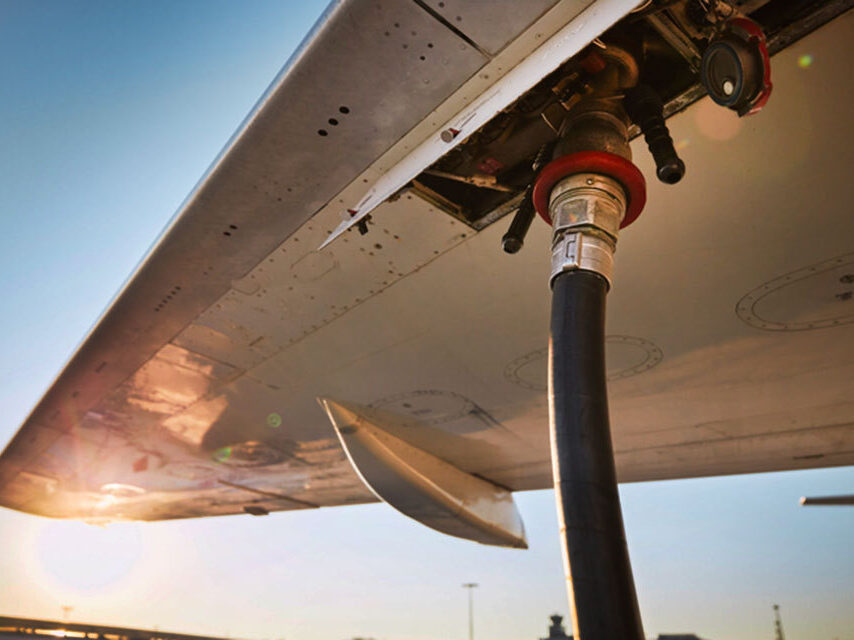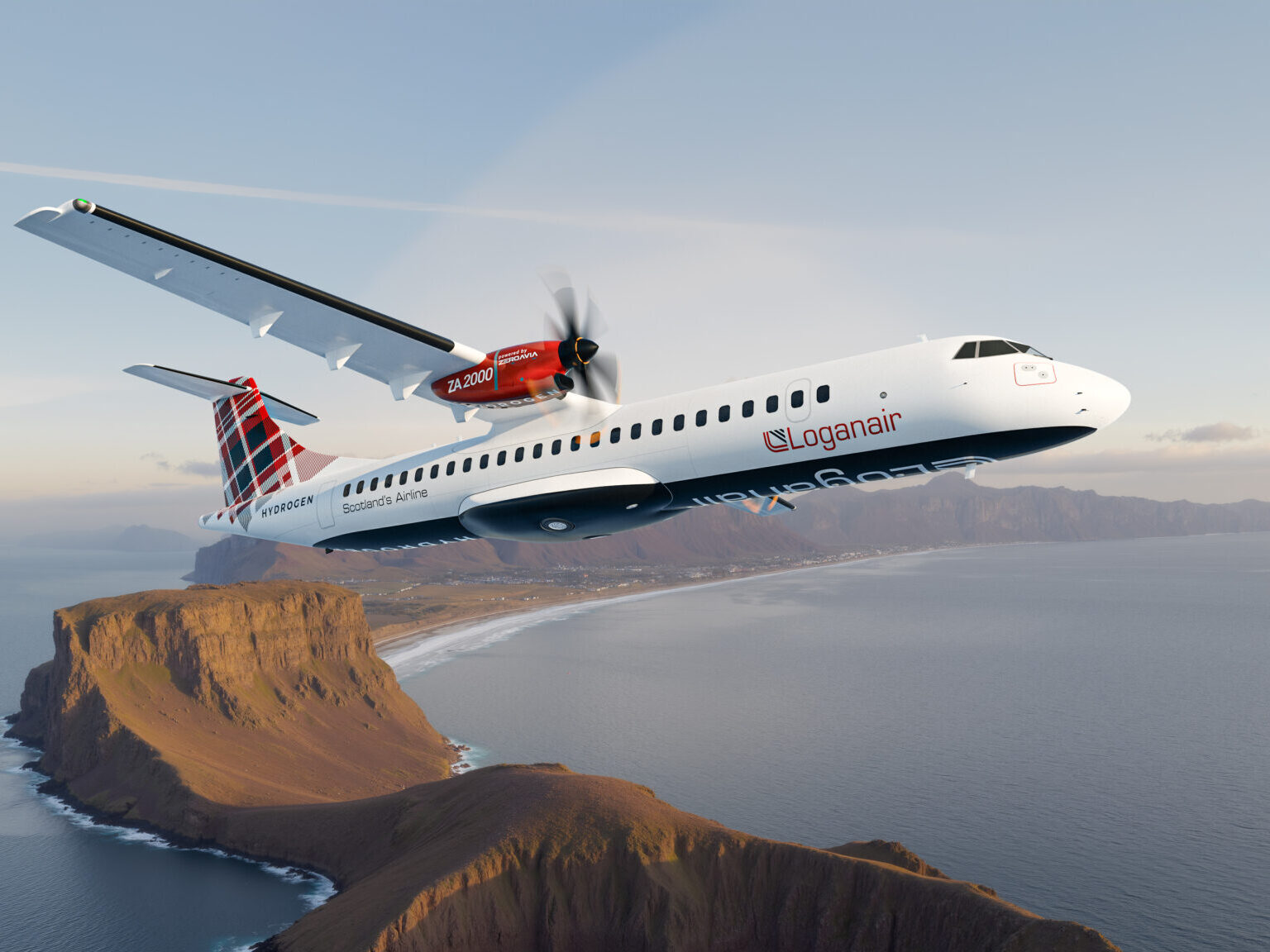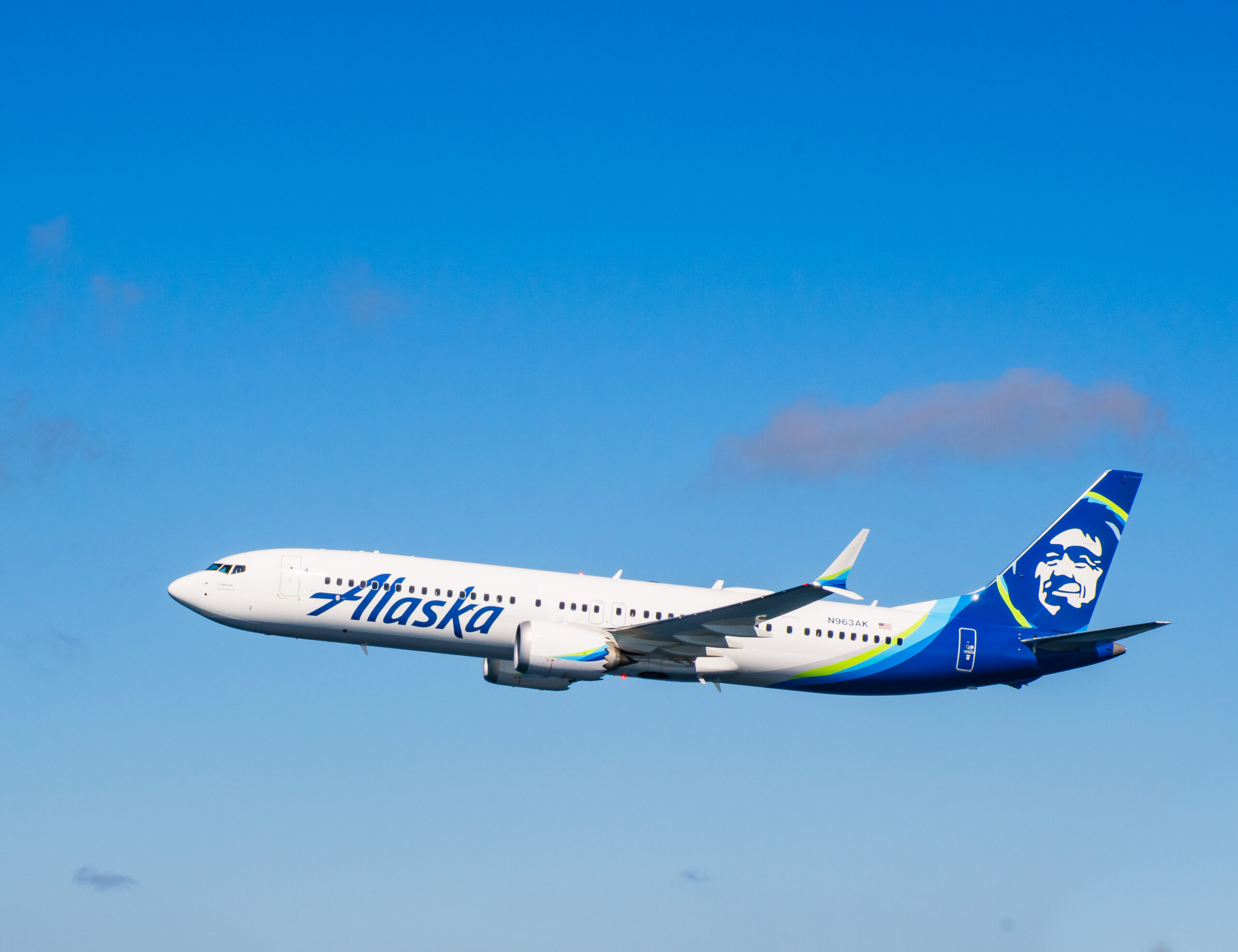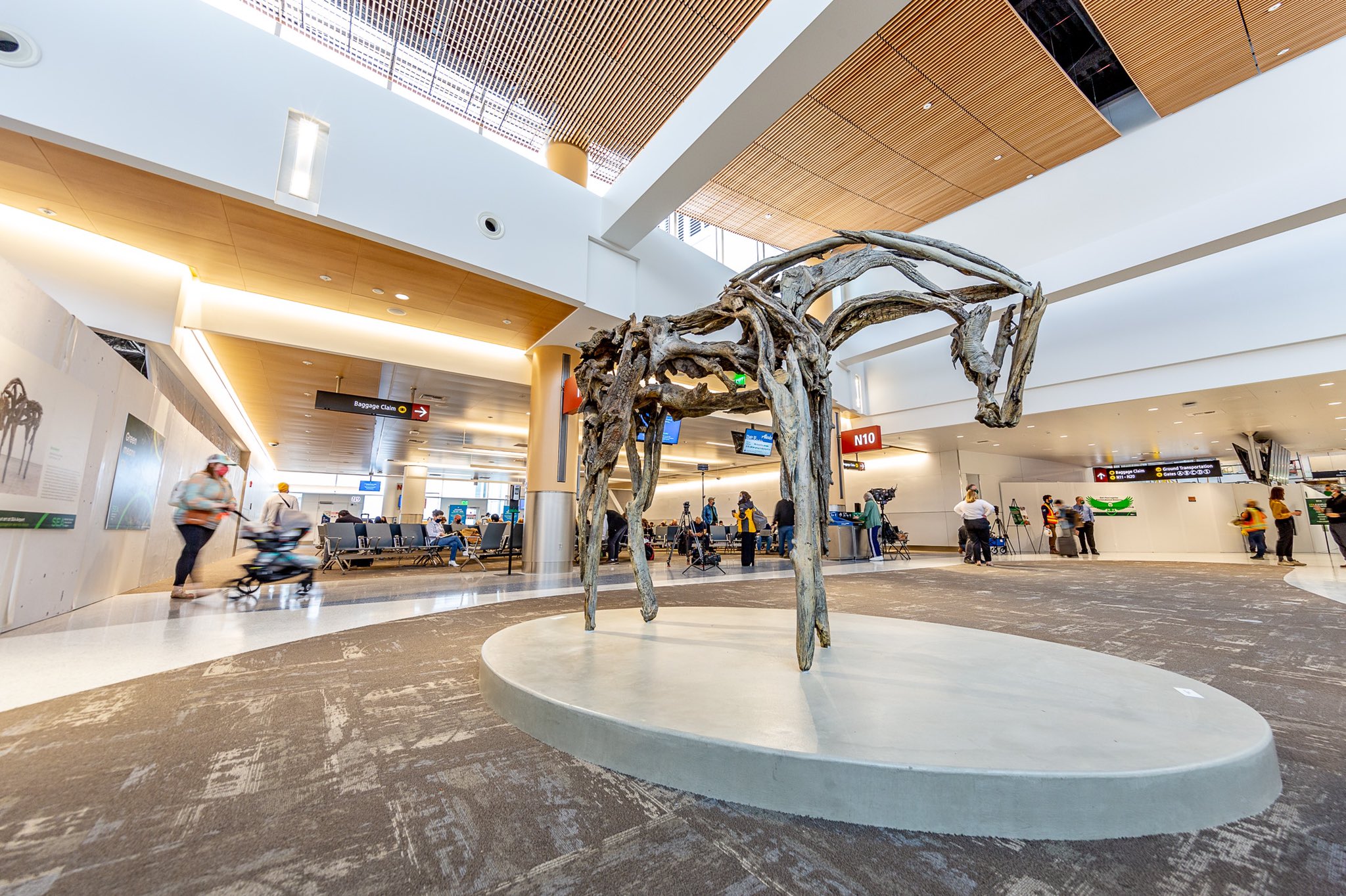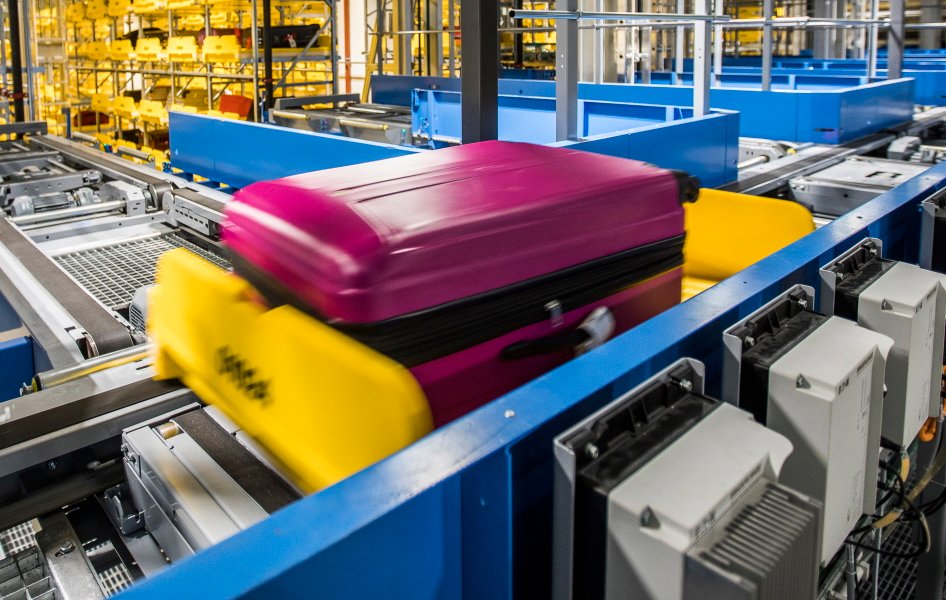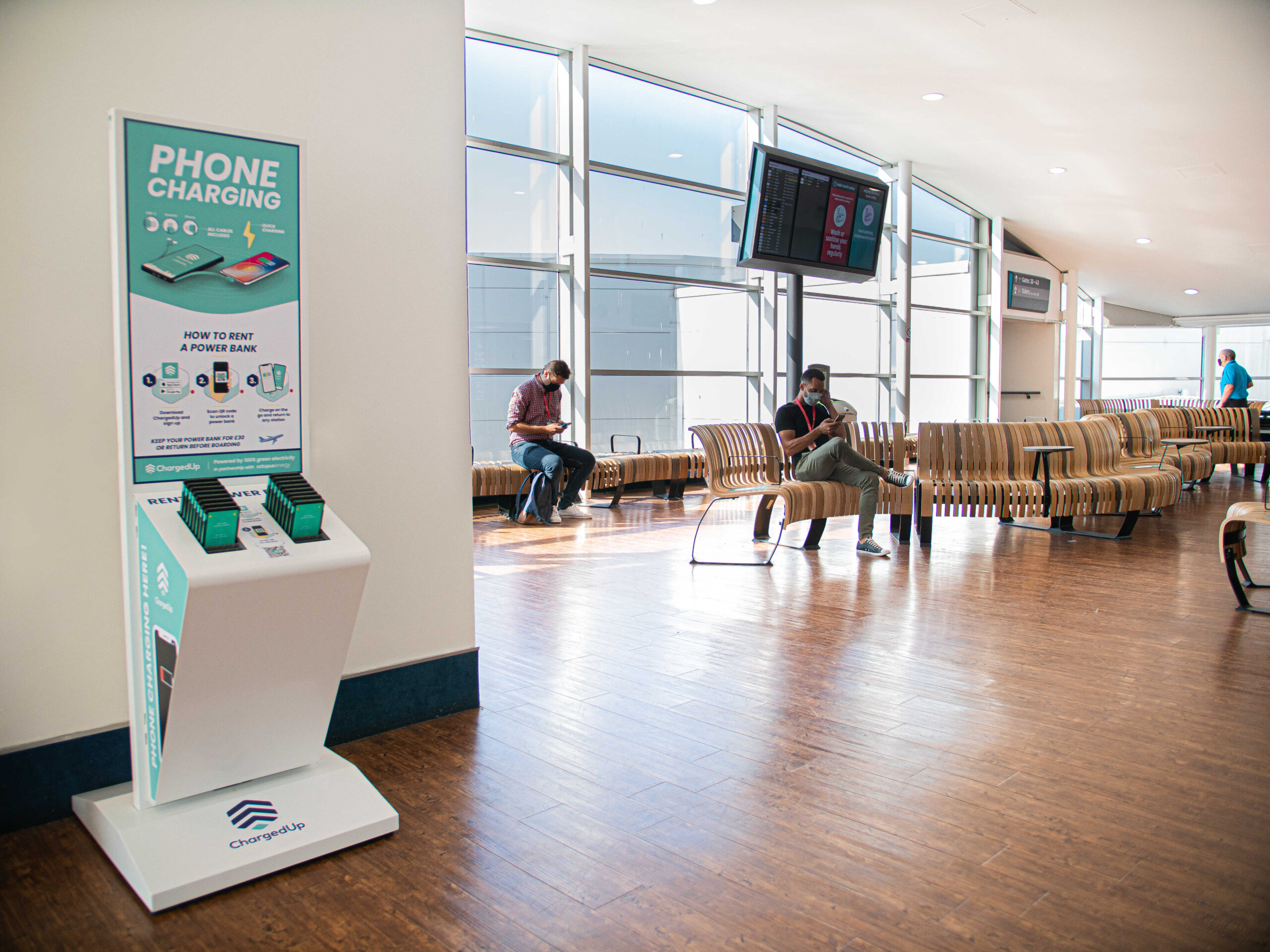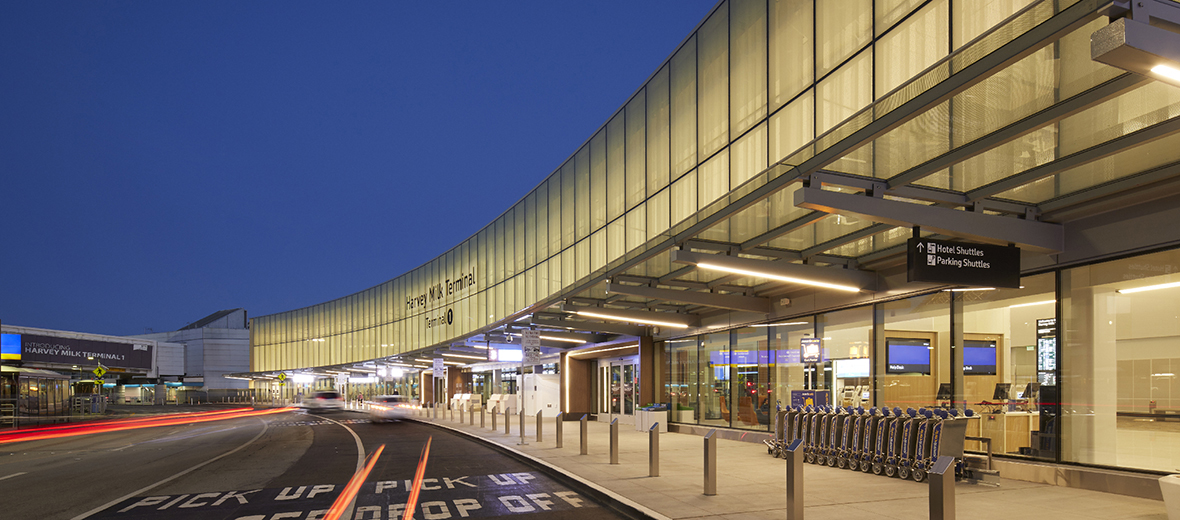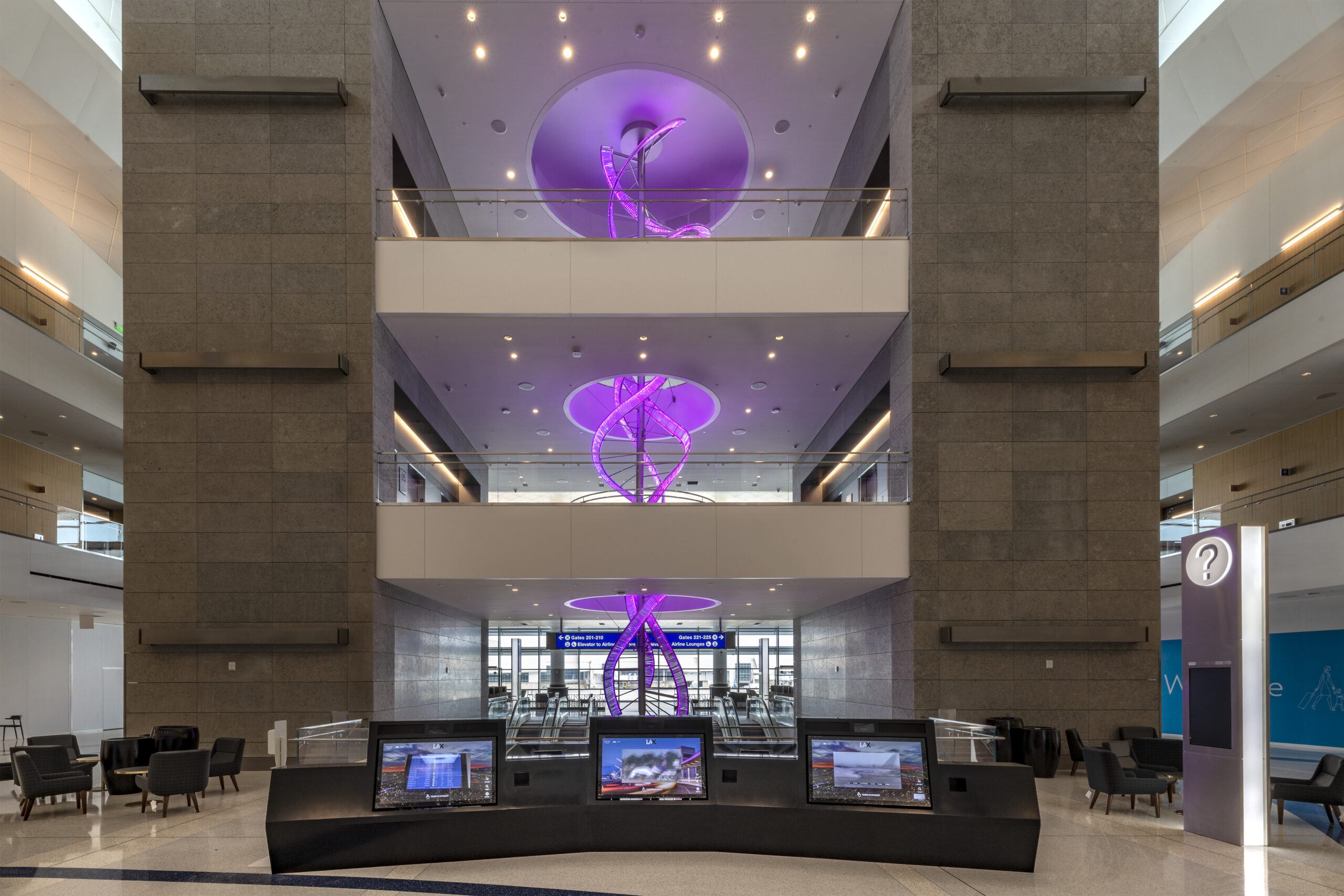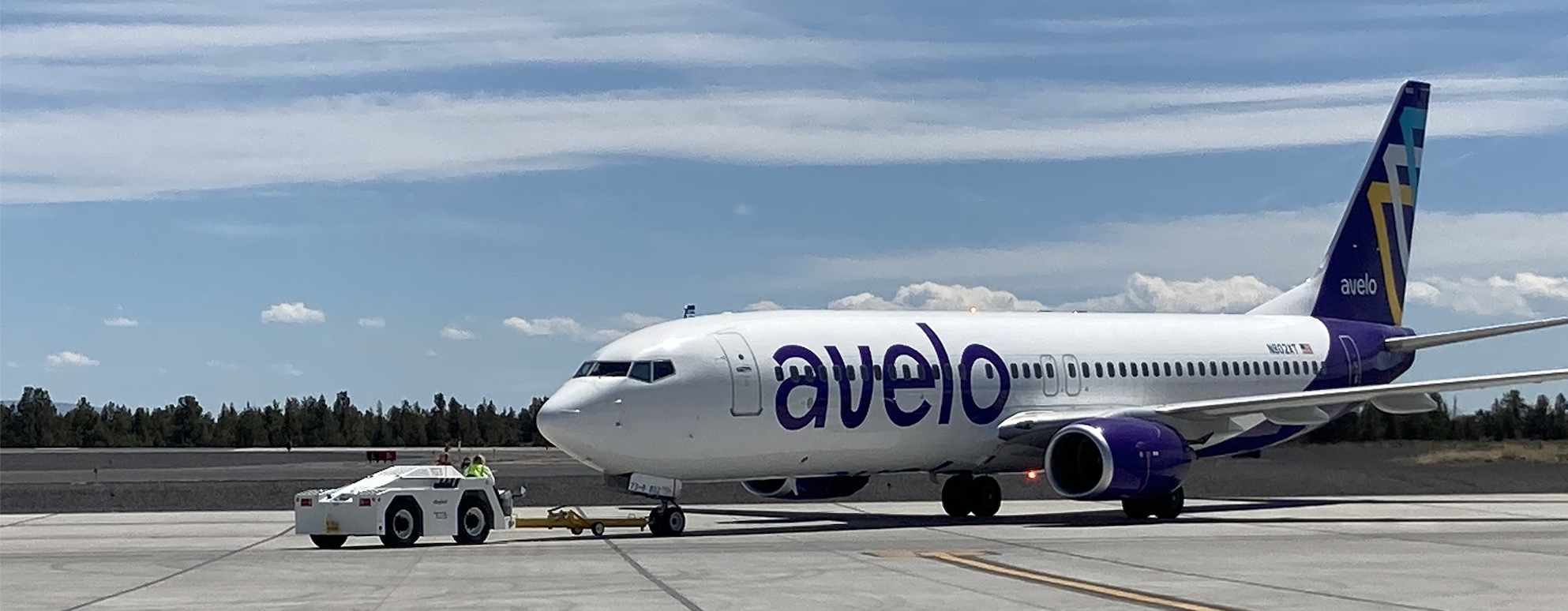Honeywell to Reduce Delays, Lower Noise Levels at San Francisco International Airport (SFO) with Smartpath Ground-Based Augmentation System
- The digital precision landing system will help reduce noise, save fuel and increase on-time arrivals
Honeywell Aerospace (NASDAQ: HON) has announced that San Francisco International Airport (SFO) is installing its innovative SmartPath Ground-Based Augmentation System technology to speed up flight times for airlines, reduce airplane fuel usage, and lower noise levels in neighborhoods around the airport.
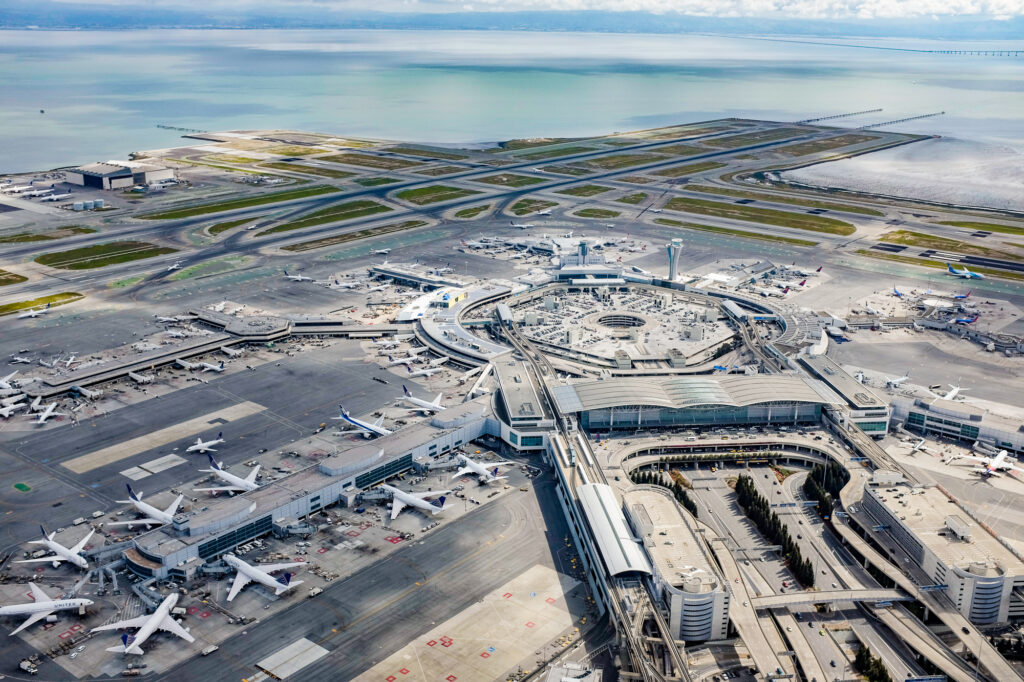
Honeywell SmartPath is the only globally certified solution for Ground-Based Augmentation Systems, or GBAS, that when adopted by airports can significantly reduce arrival delays and those annoying “circle around the airport” notifications passengers often get when airplane landings stack up. SFO joins Newark’s Liberty Airport and Houston’s George Bush Intercontinental Airport as the third U.S. airport to install the technology, with another nine major airports around the world already enjoying its benefits.
Vice president of sales at Honeywell Aerospace, Brian Davis, said:Honeywell SmartPath addresses a major technology gap in modernizing our national airspace: Ensuring that our navigational systems in the U.S. airport infrastructure evolve with advanced, digital solutions that will fundamentally change how we address growth with environmentally efficient, reliable solutions. GBAS is the only precision landing technology mature enough to provide a viable replacement for legacy navigation aids while supporting all-weather and irregular operations. This technology will help SFO better manage its air traffic for decades to come, and those using and living near SFO will see immediate benefits when GBAS goes online late this year.
SmartPath transmits digital data to the aircraft to aid in precision navigation and create more direct flight paths to and from airports. It can reduce flight times by optimizing the distance required to execute the approach and thus reduces the amount of fuel and emissions required to fly. In addition, because of the ability to have multiple precision approach paths with customizable glidepaths and accurate and repeatable flight tracks, it can reduce noise for residents along the approaches to SFO airport. It also reduces operating costs for airport operators, airlines and air navigation service providers. Because one GBAS station covers all runways at an airport, it allows pilots to make more efficient approaches and landings.
SFO Airport Director, Ivar C. Satero, said:We are excited by the potential of what GBAS can offer. By enabling approaches further offshore, or at higher altitudes, we hope this technology can reduce both noise levels and emission over surrounding communities while offering flight crews the latest in GPS-based navigation.
Unlike the traditional Instrument Landing System, which supports a single precision approach to one runway end, Honeywell SmartPath can simultaneously provide up to 48 separate approaches covering all runway ends. This allows air traffic control to be more flexible with approaches and enable greater flexibility during different operating conditions.
This article was originally published by Honeywell International Inc..


